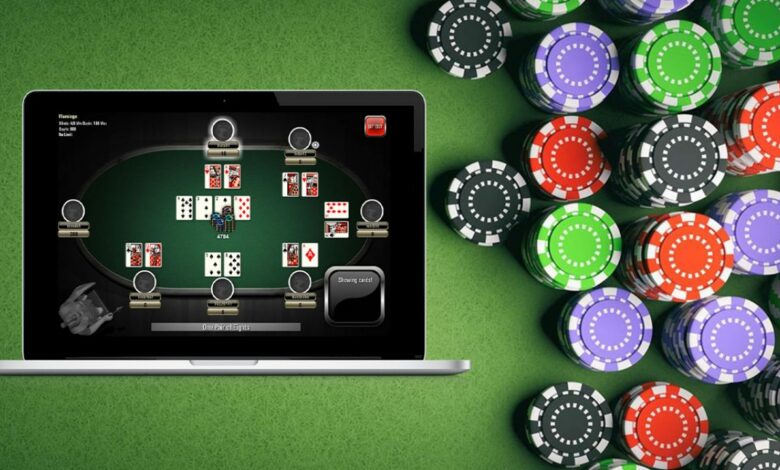It is essential in the realm of online poker to have a bankroll that has been decided in advance since this enables you to better manage your money. Players that play poker online often make the error of underestimating the worth of their bankroll, which is one of the most common blunders they do. Any master player must ensure that the money they have is not lost while the game is being played, regardless of whether they are playing poker game or any of the other games that can be found in an online casino. If you play poker online, you should create a poker account so that you can keep track of all of your financial information in one place and move it around between different poker rooms with ease. There is further financial planning guidance available down below for you to peruse.
Can you explain the meaning of a poker bankroll?
Many poker players hold their “bankroll,” or stash of cash, in a virtual wallet separate from their other funds.
In contrast,
- Value of your online poker bankroll.
- Funds available in a bank account for expenditures such as rent or a mortgage.
- Future receipts monetary gain anticipation
To find out why online poker players should use a digital wallet, visit the spartanpoker online casino.
Increasing one’s financial stability
There will be moments when you lose at poker, no matter how good a player you are. Never risk more money than you can afford to lose by using a bankroll. A smaller bankroll is appropriate for low-stakes play. You’ll need a much larger one if you’re playing for significant money, as you would in a high-buy-in poker event. Don’t put all your chips in one basket if you want to increase your bankroll. Limit your spending and keep your money in a different account from your regular checking.
How much money you should set up?
Your bankroll should reflect the maximum amount you are willing to lose. It may seem obvious, but some people will find $10,000 to be a reasonable sum, while others will find $10 to be sufficient. Consider your pay and available resources.
What’s at stake?
It’s up to you to determine the optimal stakes for you, taking into account your playing experience and bankroll.
- Variety of Games
The variance of tournaments is significantly higher than that of cash games. This results in widely varying requirements on your financial resources. The meaning of variance has eluded me. Variance is another esoteric poker term that analyses outliers relative to the mean of a given set of results. As an example of variance, chess is frequently used. While chess is purely a game of strategy and skill, poker also requires skill but also incorporates elements of chance. Good luck and bad luck both contribute to the overall variation. Games with a high variance have outcomes that are more susceptible to random chance. More buy-ins are recommended in your bankroll if your chosen game has a larger variance.
- A skill of yours
Your poker skills are a major factor in determining your bankroll. A cash casino player who is just half successful will need a larger bankroll than one who is successful 75% of the time. Why? Because more investments will be required.
- Limits on wagering
The stakes at which you play will additionally include an effect on how much money you have available to wager. Two main factors lead to a decreased bankroll for limited hold’em players. They have a few advantages over no-limit and pot-limit players. Second, your bankroll needs won’t fluctuate as much in limit hold’em as they would in no-limit or pot-limit poker.
Money Management
Here are some guidelines for sound money management:
- Never risk more than you can afford to lose.
- When you lose, don’t chase it.
- Only ever risk 5-10% of your bankroll in a single poker session.
- Don’t increase your bet size until you’ve built up a sufficient emergency fund to weather the inevitable losing streaks.
- Set a maximum number of buy-ins you’re willing to lose before you have to walk away from the table.
- Avoid the temptation to spend your hard-earned cash on unnecessary things by storing it in its digital wallet.
- Don’t forget to log your poker hand rankings Keeping accurate records of accomplishments and failures is crucial for poker bankroll management and putting just the proper amount of money into play at any one time.
Good bankroll management entails not risking more than you can afford to lose and tailoring your bankroll to your level of expertise and preferred games. Separate your bankroll from your poker account to help you maintain self-control.

